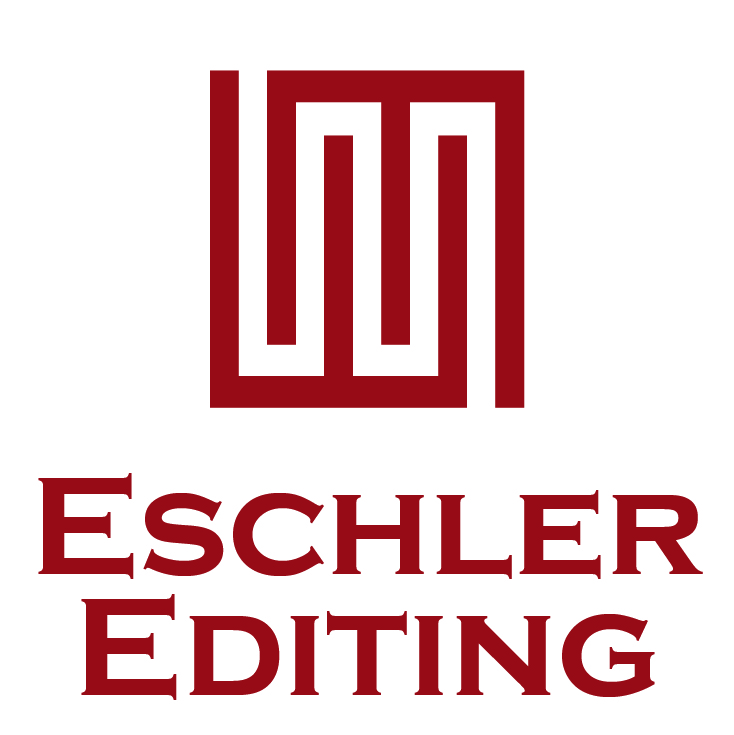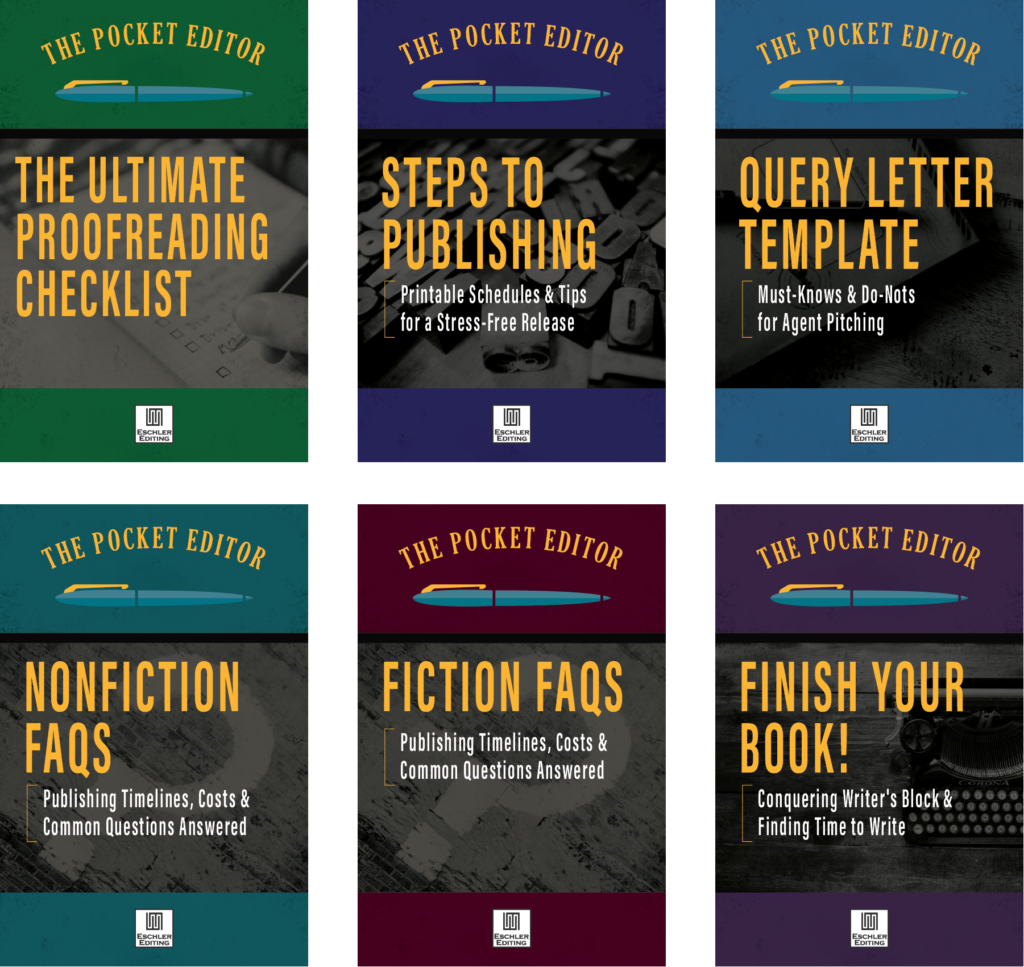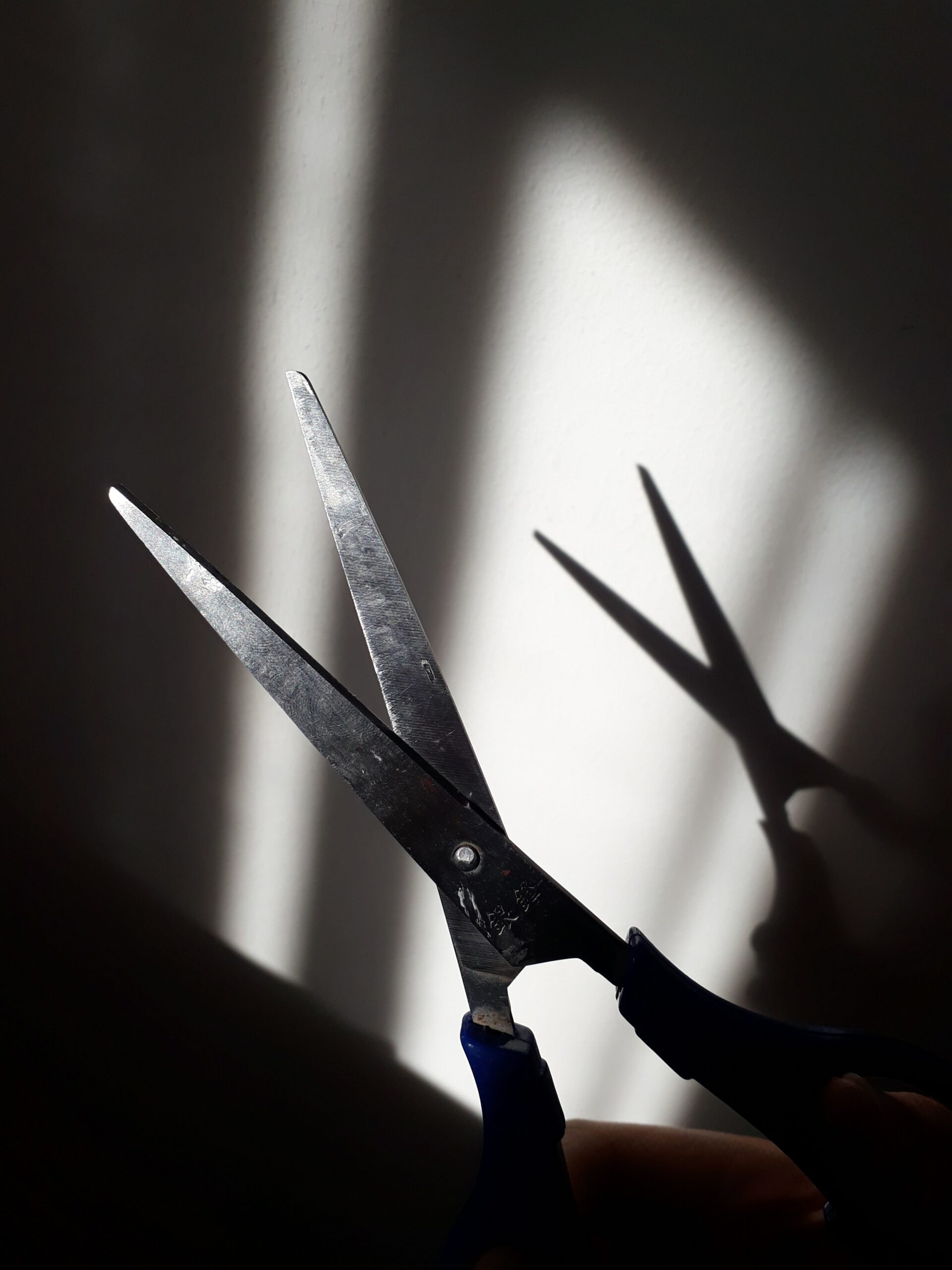The Secret Writer’s Block No One’s Talking About
by Heidi Brockbank
Always leave enough time in your life to do something that makes you happy, satisfied, even joyous. That has more of an effect on economic well-being than any other single factor.”
—Paul Hawken
As writers, we all have times when we feel blocked. We know we have important stories to tell and vital information to share, but there are times that no matter how much we try to summon our creative energy, how hard we stare at the screen, how intensely we focus, how long we force ourselves to just sit and type, the words won’t come—or if they do, they are a jumbled, chaotic mess. Yes, focus and discipline and slogging through a block are sometimes necessary. But just as often, the barriers to our creativity are symptoms of deeper concerns and fears.
Lots of things can cause writer’s block. A big one is concern over money and all that entails.
Few topics are fraught with as much mental and emotional baggage as money concerns. For a writer, it can be scary to invest time and energy, heart and soul in an activity that isn’t producing immediate financial rewards (and that might even cost money to get the training or help you need). Sometimes the pressure to get a speedy return on your investment (ROI)—or the pressure of getting your manuscript done before someone else publishes a similar book that could cost you sales—can render your creative endeavors joyless and even cause you to give up when reaching your goals takes longer than anticipated. Often this struggle can feel like a choice between pursuing your art and putting food on your table. But to truly live—and be true to your inner artist—requires more than mere survival.
So what’s a writer to do when money priorities clash with creative ones? You can’t ignore financial limitations and pressures, but to deny your creative instinct is a type of spiritual and emotional amputation.
A Better Way: It’s Not Really One Against the Other
The most viable option is to find a way that balances both requirements—something that lets you have your creative cake and eat it, too. It’s been two decades since Julia Cameron wrote the seminal work on regaining and nurturing one’s creativity, The Artist’s Way. At one point, she explores the idea that God is actually cheering our creative efforts on, ready to offer assistance as soon as we are ready to accept it.
“Looking at God’s creation, it is pretty clear that the creator itself did not know when to stop,” she writes. “There is not one pink flower or even fifty pink flowers, but hundreds. Snowflakes, of course, are the ultimate exercise in sheer creative glee. No two alike. This creator looks suspiciously like someone who just might send us support for our creative ventures” (p. 107).
That isn’t an easy leap of faith to make. As Julia says, “For many of us, raised to believe that money is the real source of security, a dependence on God feels foolhardy, suicidal, even laughable. When we consider the lilies of the fields, we think they are quaint, too out of it for the modern world. We’re the ones who keep clothes on our backs. We’re the ones who buy the groceries. And we will pursue our art, we tell ourselves, when we have enough money to do it easily. And when will that be?” (p. 105).
She suggests that it doesn’t have to be an either/or proposition. Instead of waiting for the perfect time or the perfect conditions or the perfect financial situation, we can take small steps on a regular basis that nurture our creativity. Then, like a seed, we can let it grow bit by bit until it becomes a mighty oak. If you believe in God, consider that Divine aid may open doors financially and creatively—whether in your craft or in discovered solutions that will help you find a workable balance.
How does that idea apply in a more concrete way? Let me share the story of one client who was caught in this same conundrum. She had a very limited budget but knew she was supposed to write a book. So she set aside $100 – 200 to spend each year, spread out over the year. She’d turn her manuscript in for editorial feedback, get a few hours’ worth of feedback, and do her best to implement the principles she’d learned throughout her book. Next, she turned to friends and associates, getting additional feedback so she could revise her draft and take her craft to the next level. After five years, she successfully self-published her engaging memoir (and even had her book carried in Costco). It took five years with a limited budget, but it was the perfect speed for her goals, other life responsibilities, and budget.
It Takes as Long as It Takes
There isn’t a huge rush to know it all and do it all and have it all right now. Remember, even if you’re self-publishing, you’re basically starting a small business and you will have a huge learning curve—and need to monitor your outgoing and incoming resources accordingly. You can still set a reasonable pace based on your unique circumstances. It may be helpful to recall that even if you were to publish traditionally, your book won’t hit the shelves for one to three years after it is accepted for publication.
In that light, you can see that, for the vast majority of books, pressuring yourself to rush doesn’t impact your outcome in any meaningful way. Like any other creative endeavor—be it creating a home, a business, a house, or a painting—bringing a book to life and to “the shelf” is a process that takes time. In fact, stressing yourself out to hurry because you fear your idea may be lost to competition can actually slow the process down for you.
Likewise, worrying about how fast your book is selling or if you’ll make a decent ROI isn’t effective; you’re just wasting valuable energy that could be put to better use writing, planning, and opening yourself up to creative possibilities. Most marketing for books is long-term, anyway, and there are many free and inexpensive ways to do that (go to Book Promotions/Platforms to read about some of those strategies). Even many short-term sales boosts can be done for free if you’re willing to invest time in the learning curve, or for less financial investment than you’d think if you get professional help (see examples of promotion help here). Remember that writing and selling your books are simply steps in a bigger picture—building a career. It takes time to become professional at anything, so be patient and don’t risk more personal resources (time, money, or energy) than is wise for your current situation.
Do This Now
If you are in a place where you know you need and are ready take steps that support your creativity, that bring your ideas to the world, we’ve got a few suggestions for where to start that process. Whether you need to invest money in professional help or just time in your professional development (to attend a writing conference, invest in online training, or gain feedback and assistance with editing, self-publishing, or promotion), below are some simple steps to get you started and to help you break free of the emotional traps in which money fears might be keeping you:
- In addition to checking out The Artist’s Way, stop by financial coach Bari Tessler Linden’s website. She has many wonderful blog posts to help you gain and implement a new, gentle money perspective that can alleviate the creative blocks caused by money pressures and fears.
- Remember that you don’t need to stress about spending money you don’t yet have before it’s the right time in your career. If you are just starting out, there are tons of free and inexpensive books and resources. For starters, check out our Editor’s Nightstand introduction and full resources list, as well as our conferences list.
- Here’s a handful of tips to save up and expand your creative-development budget right now: Take library books back on time and save the fees you would have paid. Don’t eat out for a couple of months; use some of your creative energy to make delicious and fun meals at home, then put the savings away for your writing budget. Save your spare change—it adds up quickly. Same with movies or entertainment of any kind—cancel your cable and your DVR for a few months and just watch stuff online. Better yet, take a media break. Away from the pleasant distractions of your TV or iPad, you’ll find your creative sparks flying. It requires a bit of patience and delayed gratification, but it’s about priorities. You’d be amazed how much professional help you can get for less than $100.
When you get discouraged, remind yourself of why you chose a writer’s journey. You want to be a writer because you love it, because you love nurturing your creative side, and because you know you can make an impact through those passions. Just remember that life will offer up beneficial timing, financial aid, and needed experience if you are patient and have faith in yourself, the process, and your purpose as an artist. Let go of your fear of “the competition” and your ROI anxiety so you can enjoy your life and the fruits of your labor in their due season.
We want to hear from you! So inspire your fellow writers: what money-saving tips do you use for that writing-career nest egg?






Don’t forget the value of a writers’ group. Pulling together some of the best writers from your community means getting the best advice for free, and membership benefits everyone who attends and offers constructive criticism or just plain encouragement. Several years ago, our writers’ group read a member’s manuscript from concept to completion. It was a terrific murder mystery with many local references and an enjoyable read. We helped her along, chapter by chapter, and even served as proofreaders. With our input–and some cheerleading– the member got her book accepted by a publisher and printed! What a thrill for all of us. And it didn’t cost a cent.